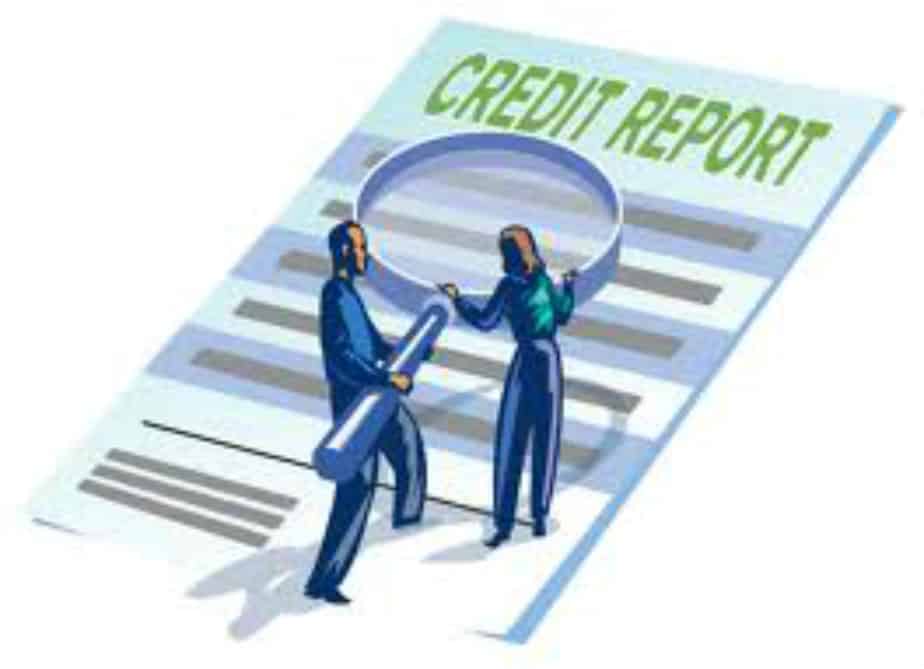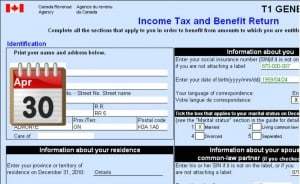
Everything you wanted to know about credit scores but were afraid to ask: Introduction
Credit may not be sexy but it does make the world go ‘round. That is why it is important for you to know everything you wanted to know about credit scores but were afraid to ask.
Everything you wanted to know about credit scores but were afraid to ask: Our lives revolve around credit
Our lives revolve around credit – mortgages, car loans, student loans, credit cards…. Take out your wallet and look inside; how many credit cards do you have? According to a poll conducted on behalf of Credit Canada:
- 43% of Canadians have more than 3 credit cards
- 80% of Canadians do not know their credit score
- 63% of Canadians do not know how their credit score is determined
The more you understand about credit the less likely you are to get yourself into trouble.
Everything you wanted to know about credit scores but were afraid to ask: What is a credit score?
A credit score indicates the risk you represent to lenders compared to other consumers. In Canada we have two credit reporting agencies – Equifax and TransUnion. They use a scale from 300 – 900 to rate your credit score. The number is calculated using a mathematical formula based on the information in your credit report (has detailed information on a person’s credit history including identifying information, credit accounts and loans, bankruptcies and late payments, and recent credit inquiries). You get points if lenders believe that you use credit responsibly. Conversely you lose points if you manage credit poorly. The higher your number is the better. A high number means that you are a good risk for credit. There are many factors that figure your credit score:
- Length of time you’ve had credit
- The types of credit that you use
- Do you pay your bills on time?
- How much debt are your carrying?
- How many people have inquired about your credit?
- Have you been bankrupt before?
Everything you wanted to know about credit scores but were afraid to ask: Why is my credit score important?
At some point in your life you will want access to credit whether it’s for a credit card or to borrow money to buy a house or a car, or to start a business. If you have a high credit score, you may be able to get a lower interest rate on loans, which can save you a lot of money over time. A good credit score will allow you to meet your goals for the future.
If you’re experiencing problems with credit, contact Ira Smith Trustee & Receiver Inc. We can help you get your life back on track Starting Over, Starting Now.





